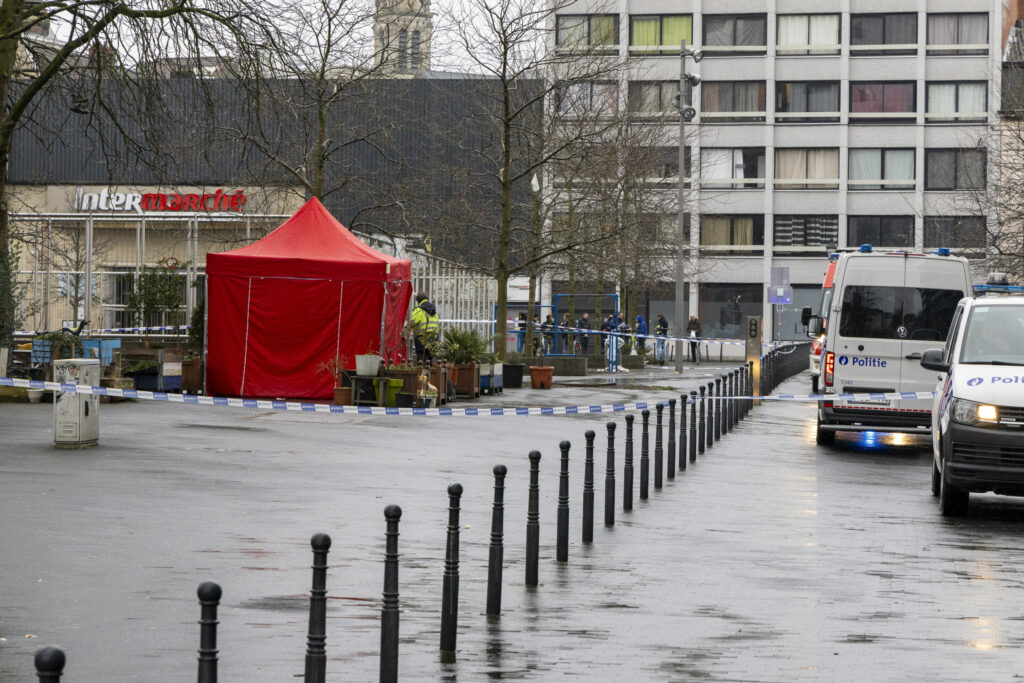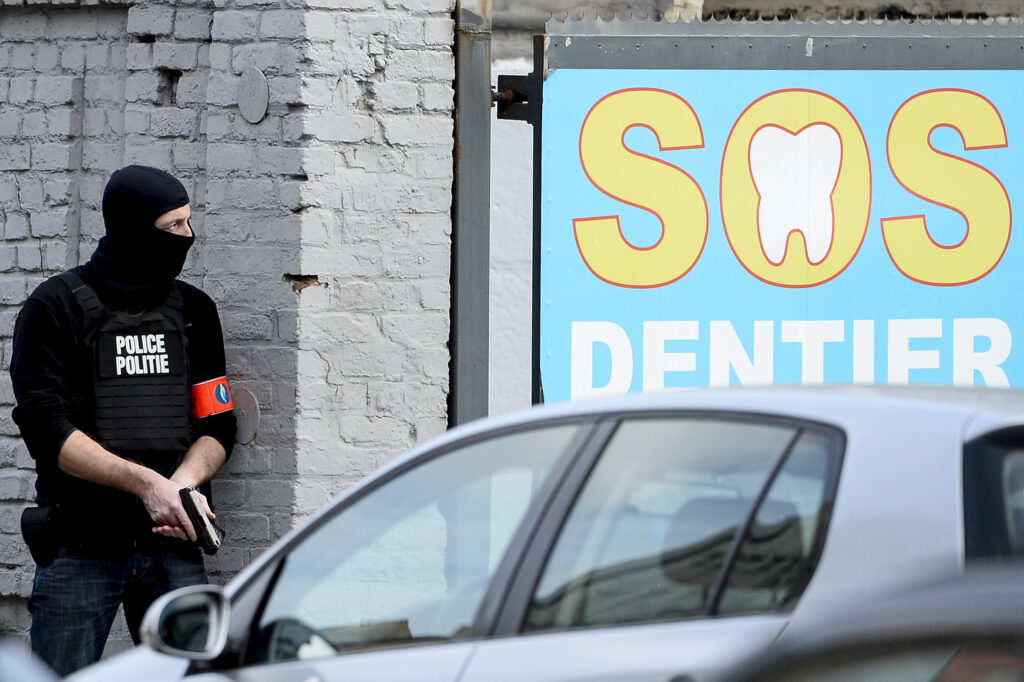A young man was severely injured in a shooting in the Brussels municipality of Anderlecht on Sunday night, the 35th such incident in the Capital Region since the start of the year. The shootings have resulted in eight fatalities and 25 people being injured.
Sunday's shooting was the second to take place over the weekend. On Saturday at around 19:00, a shooting on Avenue de Stalingrad (between Bruxelles-Midi railway station and the Grand Place) saw one victim being taken to hospital in critical condition.
Just two months ago on the same street, one person was killed and one seriously injured at café Al Massirat. Half a kilometre away from that location, two more were killed and two others were seriously injured in a shooting at the Astoria café on Rue de l'Argonne in Saint-Gilles at the end of June.
Several months earlier, a series of shootings took place slightly further south near Square Jacques Franck (also in Saint-Gilles). One person was killed.
'Cleaning up' crime
Last year, Brussels Minister-President Rudi Vervoort (PS) said that 41 shootings had already taken place in Brussels up to 11 October 2023 – not counting the 16 October terror attack. In the whole of 2022, 46 shootings took place. Additionally, police statistics for 2023 reveal a rise in crime across Belgium and an even sharper increase in Brussels
At this rate, the Capital Region might be heading for a new record. Still, criminologists warn that these kinds of statistics should be contextualised, as they often reflect a change in police activity rather than in crime itself.
Much attention has been paid to the efforts to "clean up" crime by punishing drug use and increasing police presence on the streets, which is what happened around Brussels Midi station. But Jelle Janssens, a professor of criminology (UGent), told The Brussels Times last month that these measures were not accompanied by true infrastructural change – a critical problem for Belgium.
"A fragmented security policy makes it very difficult to implement a coherent response," Janssens said, pointing out that Brussels has six separate police zones spread out over 19 municipalities.

Police pictured on the scene where a person was shot and killed in Saint-Gilles on 14 February 2024. Credit: Belga/Nicolas Maeterlinck
Indeed, The Brussels Times contacted several Brussels police zones for their reaction to the high number of shootings but their dispersal around the city means that the different zones cannot give information or insights into the entire Capital Region's situation.
Many of the recent shootings have been attributed to the increase in drug-related violence. Notable incidents include a lifeless body found on a construction site in Molenbeek in early June, a shooting near the Peterbos neighbourhood in Anderlecht, and the series of shootings in February.
But though drug violence is certainly one factor, not all shootings are related to the drug scene. For instance, a deadly shooting in Laeken in March reportedly started as a dispute over unpaid rent; the victim at café Al Massirat was accidentally hit in a bar brawl that got out of hand.
Arms race
At the same time, the perpetrators of these shootings often escape without trace. Police are still looking for those responsible for the shooting at the Astoria café, as well as for the incident on Rue Joseph Brand in Schaerbeek where a man was hit in the head and chest while sitting on a terrace.
Nils Duquet, director of the Flemish Peace Institute and an expert on gun violence, says that firearms are increasingly prevalent in the Capital Region, making smaller or less experienced criminals also more likely to obtain one.
"Less experienced and younger criminals more often act impulsively and use a weapon more quickly," he told Bruzz. "As a result, other criminals also have to arm themselves better."

